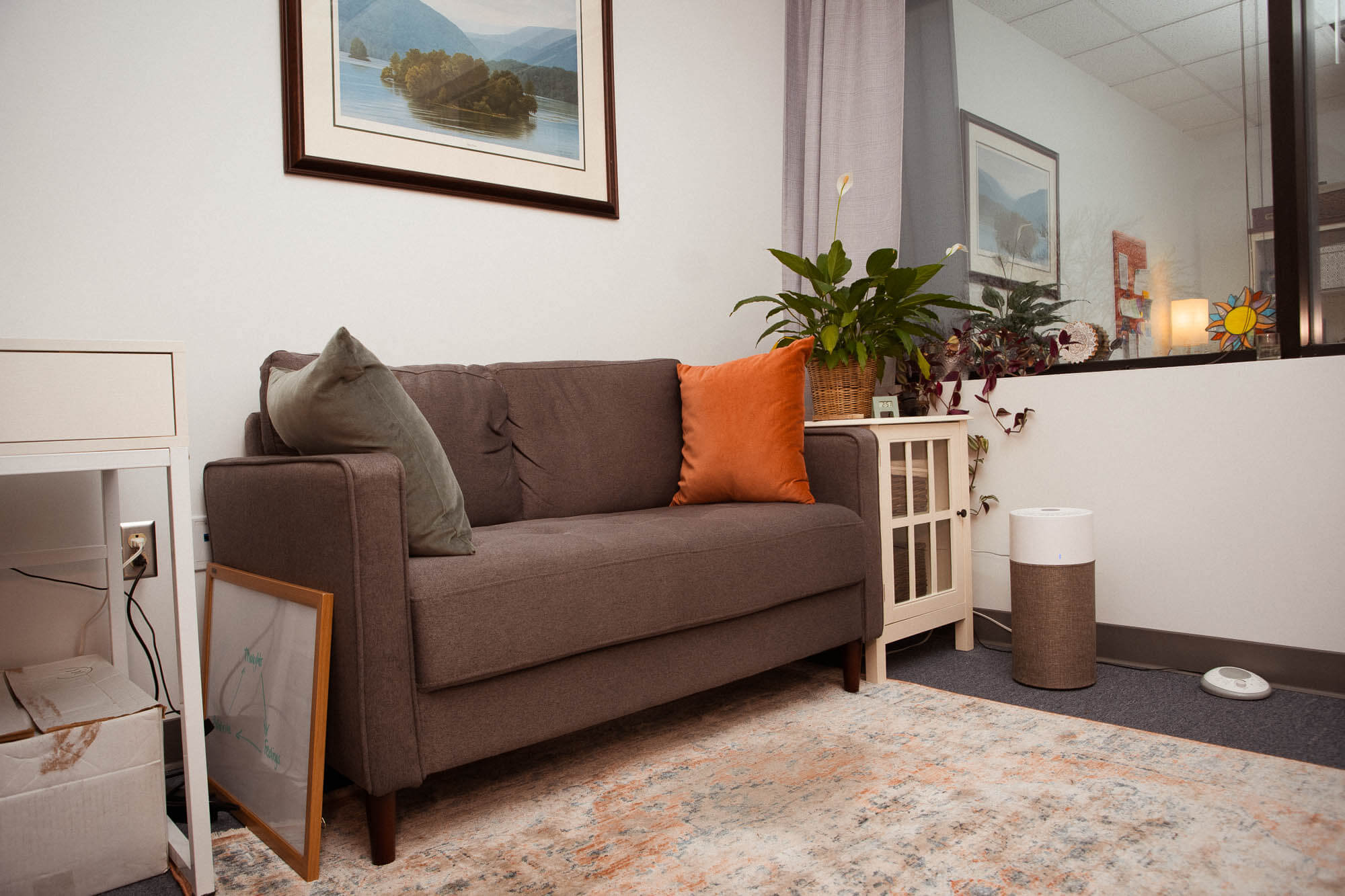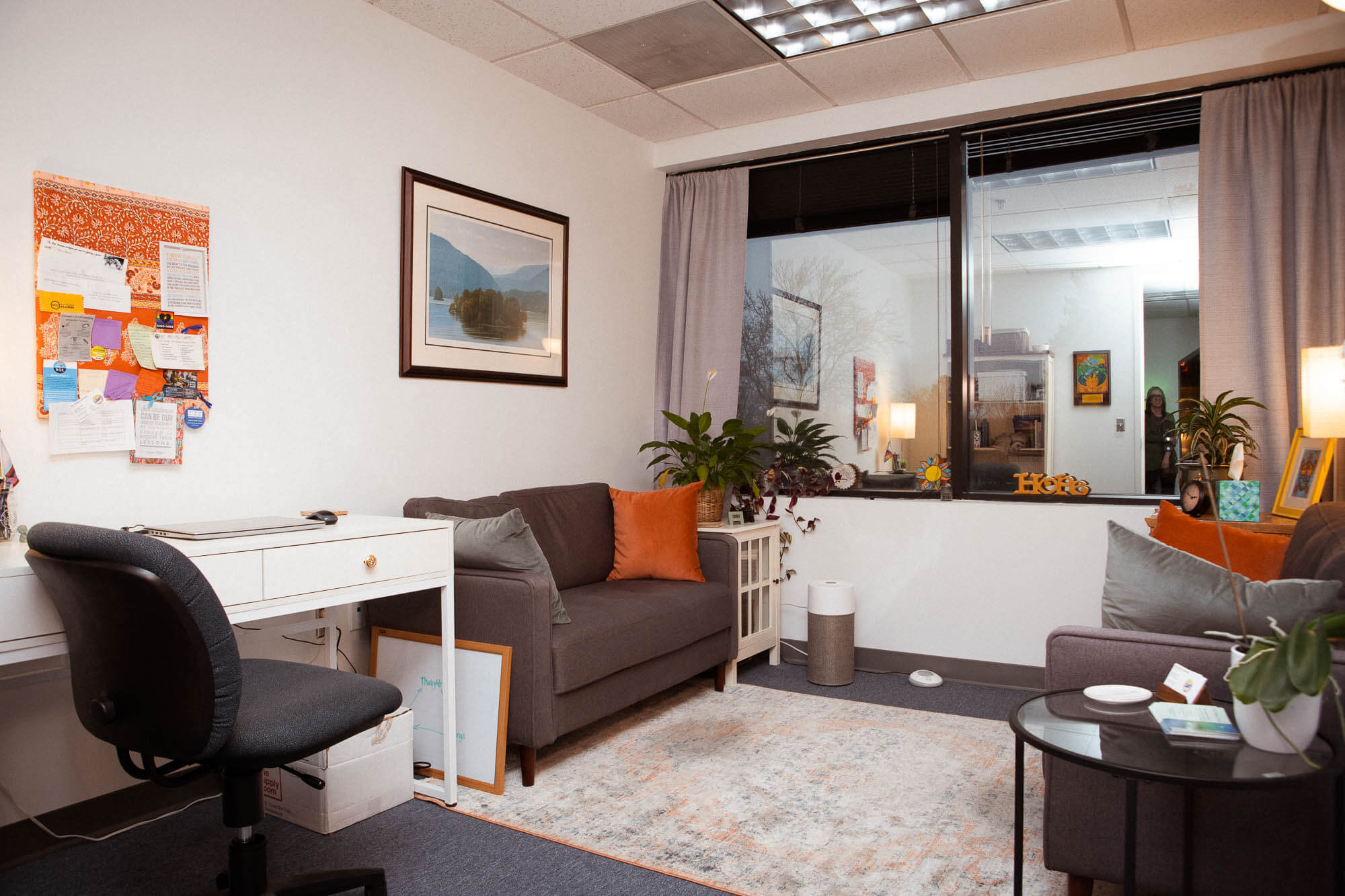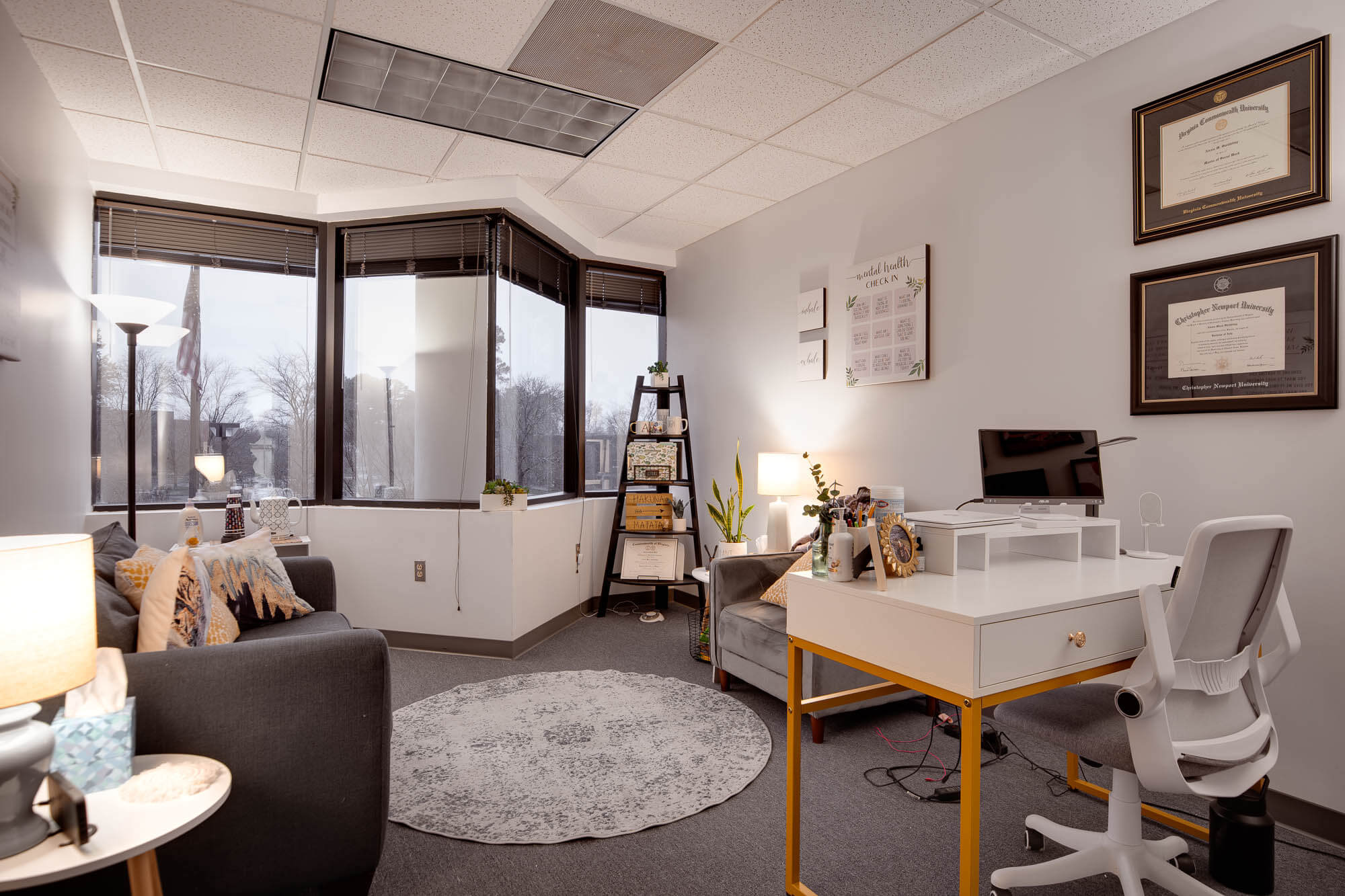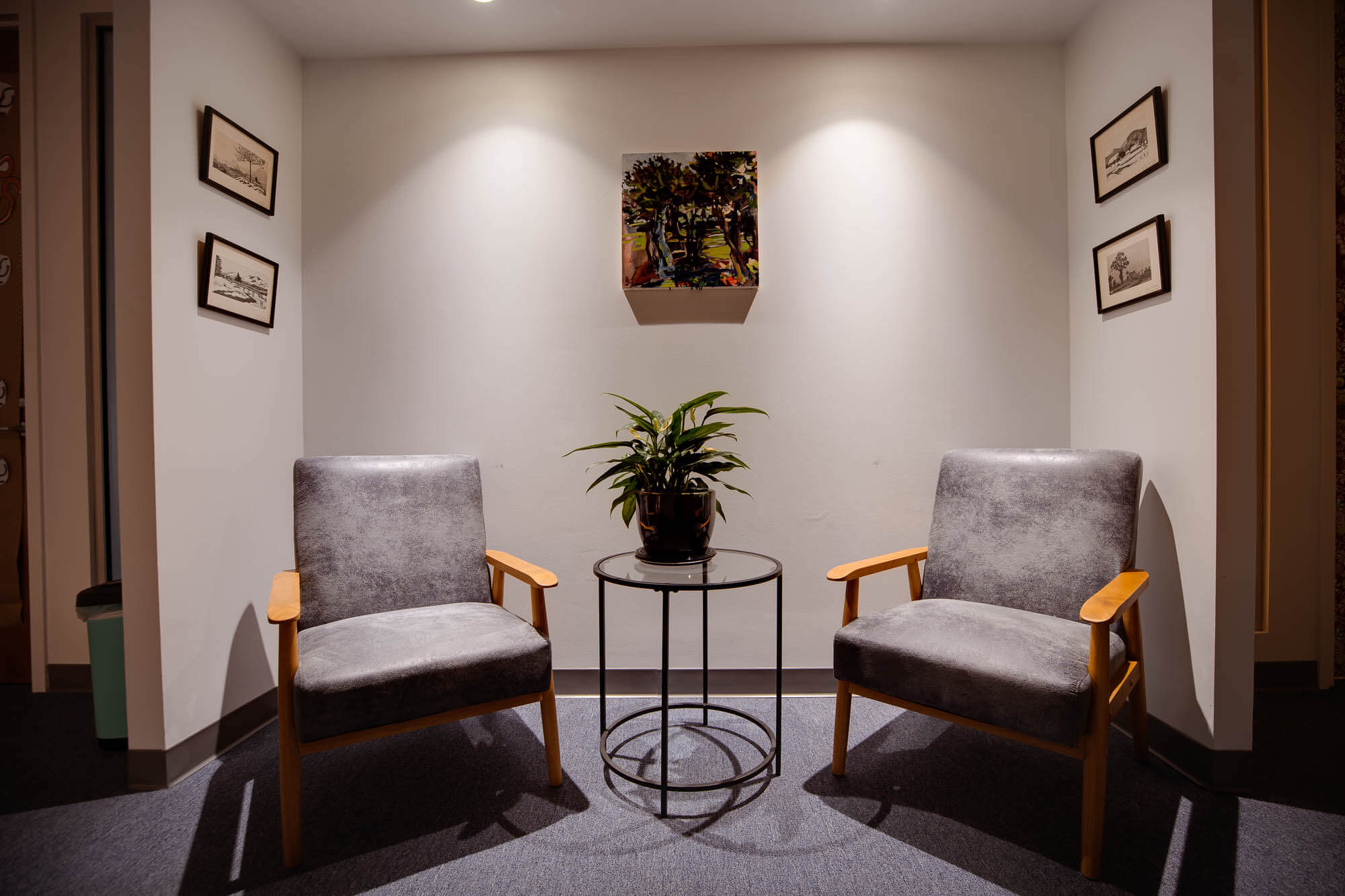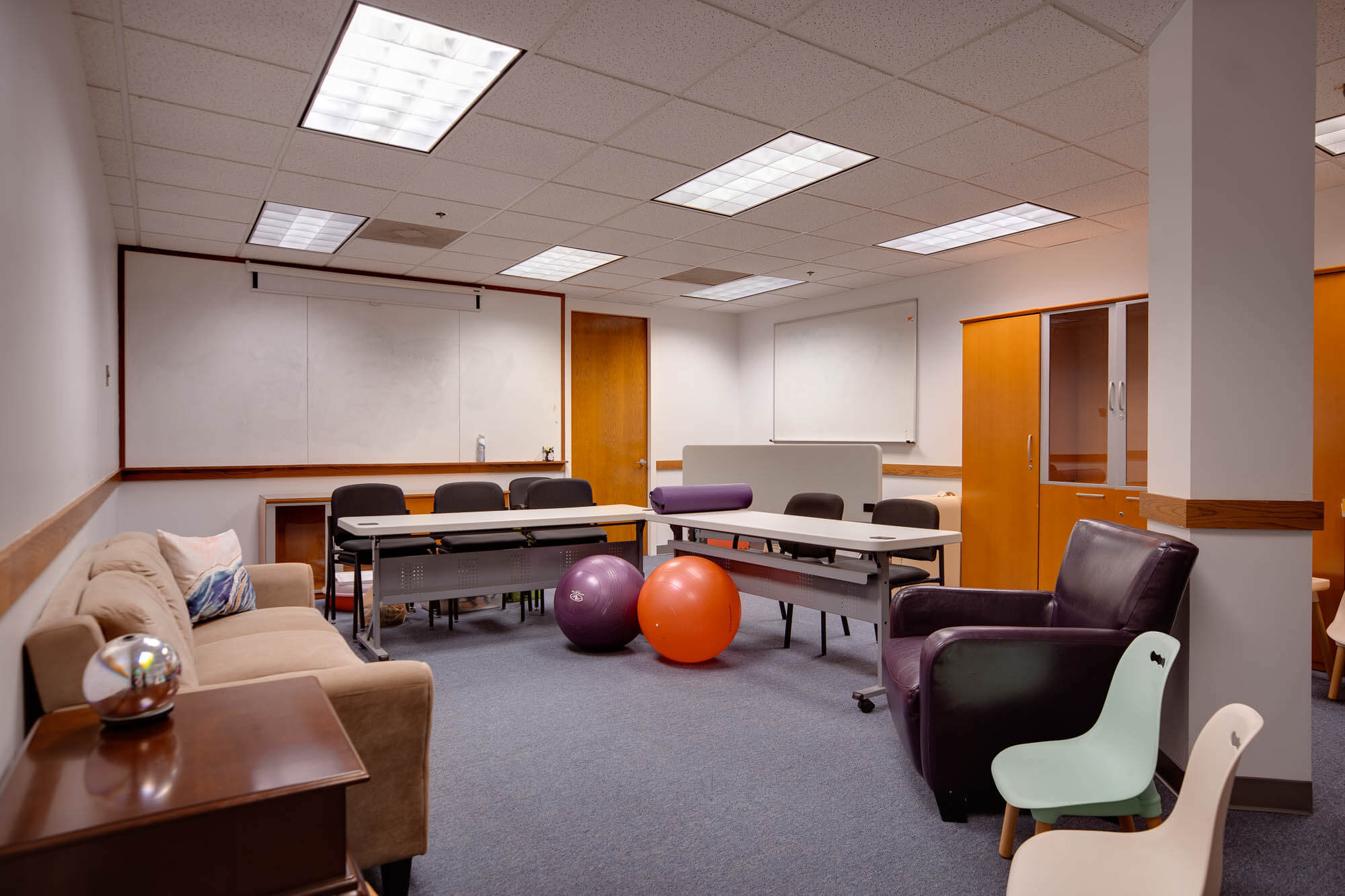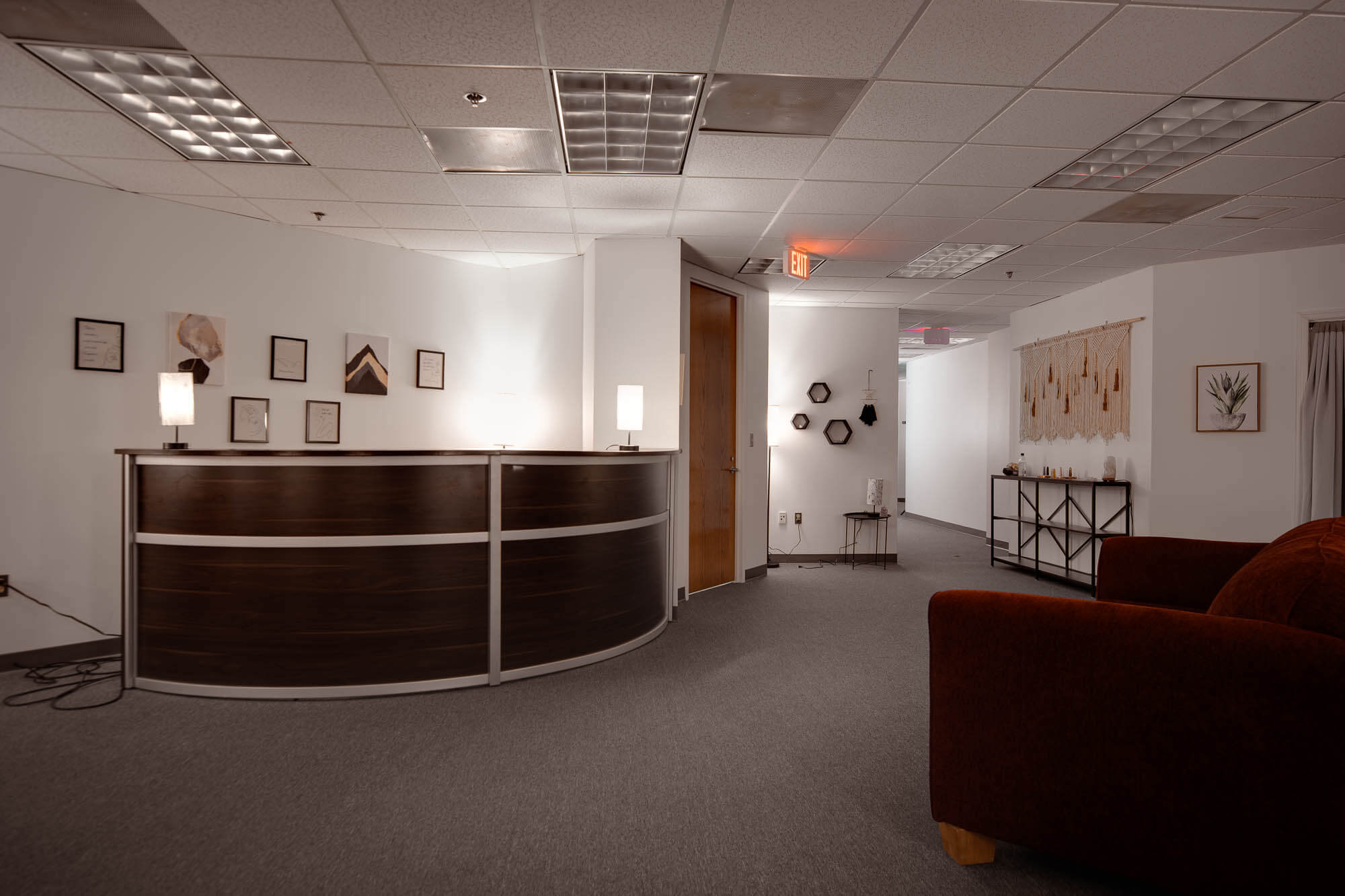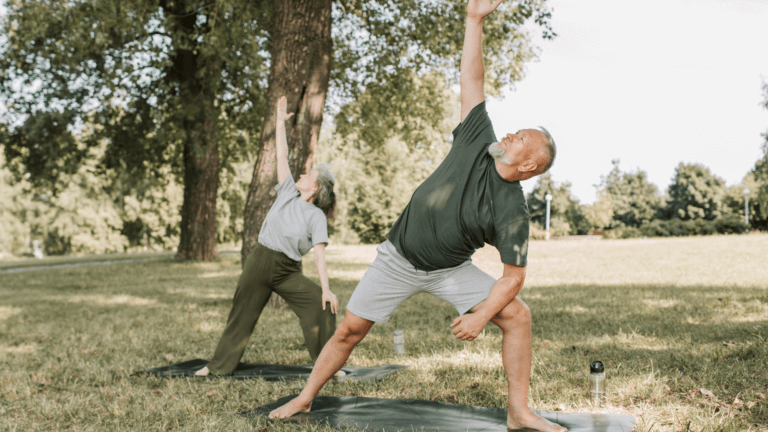
Benefits of Staying Active in older age
As we age, staying active becomes increasingly important for maintaining overall health and well-being. Regular physical activity has numerous benefits, including:
- Improved cardiovascular health: Engaging in activities like walking, swimming, or cycling can help strengthen the heart and improve blood circulation, reducing the risk of heart disease and stroke.
- Enhanced muscle strength and flexibility: Exercise can help maintain muscle mass and strength, which is crucial for mobility and independence as we age. It also improves flexibility and balance, reducing the risk of falls and injuries.
- Weight management: Regular exercise helps regulate weight by burning calories and increasing metabolism. It can also prevent age-related weight gain and obesity.
- Improved mental health: Physical activity releases endorphins, which are natural mood boosters. It can reduce symptoms of anxiety and depression, improve cognitive function, and enhance overall mental well-being.
- Reduced risk of chronic diseases: Staying active lowers the risk of developing chronic conditions such as diabetes, osteoporosis, and certain types of cancer.
Incorporating regular exercise into our daily routines can significantly improve quality of life and promote healthy aging.
Tips for incorporating exercise into daily routine
Finding ways to stay active on a daily basis can be enjoyable and easy. Here are some tips for incorporating exercise into your daily routine:
- Set realistic goals: Start with small, achievable goals and gradually increase the duration and intensity of your workouts.
- Find activities you enjoy: Choose physical activities that you enjoy, whether it’s dancing, gardening, hiking, or playing a sport. This will make it more likely that you’ll stick to your exercise routine.
- Make it a social activity: Exercise with friends or join group classes to make it more fun and motivating.
- Take breaks from sitting: Incorporate movement throughout the day by taking short walks, stretching, or doing simple exercises.
- Use technology: Utilize fitness apps or wearable devices to track your progress and provide motivation.
- Stay consistent: Aim for at least 150 minutes of moderate-intensity aerobic activity or 75 minutes of vigorous-intensity activity per week, along with muscle-strengthening exercises at least twice a week.
By following these tips, you can make exercise a regular part of your daily routine and reap the benefits of an active lifestyle.
Physical and mental health benefits of regular exercise
Regular exercise offers numerous physical and mental health benefits for people of all ages. Some of the key benefits include:
- Increased energy levels: Engaging in regular physical activity can boost energy levels and combat feelings of fatigue.
- Better sleep: Exercise helps regulate sleep patterns, leading to improved quality and duration of sleep.
- Stronger immune system: Regular exercise has been shown to strengthen the immune system, reducing the risk of illness and infection.
- Improved cognitive function: Physical activity stimulates brain function, enhancing memory, attention, and overall cognitive abilities.
- Stress reduction: Exercise is a natural stress reliever, promoting relaxation and reducing anxiety and tension.
- Increased longevity: Studies have consistently shown that staying active can increase lifespan and improve overall quality of life.
By incorporating regular exercise into your routine, you can experience these physical and mental health benefits, leading to a happier and healthier life as you age.
Importance of staying active for overall well-being
Staying active is essential for maintaining overall well-being as we age. It not only helps improve physical health, but also has a positive impact on mental, emotional, and social well-being. Some key reasons why staying active is important for overall well-being include:
- Increased self-confidence: Regular exercise can boost self-esteem and body image, leading to greater self-confidence.
- Enhanced social connections: Participating in physical activities provides opportunities for social interaction and can help prevent feelings of loneliness and isolation.
- Improved mood and mental well-being: Exercise releases endorphins, which can improve mood, reduce symptoms of depression, and enhance overall mental well-being.
- Better quality of life: Staying active allows you to engage in daily activities with ease, maintain independence, and pursue hobbies and interests.
- Reduced risk of age-related decline: Regular physical activity has been shown to slow down age-related decline in physical and cognitive abilities, promoting a higher quality of life as you age.
By recognizing the importance of staying active for overall well-being, you can prioritize regular exercise and enjoy the many benefits it brings.


